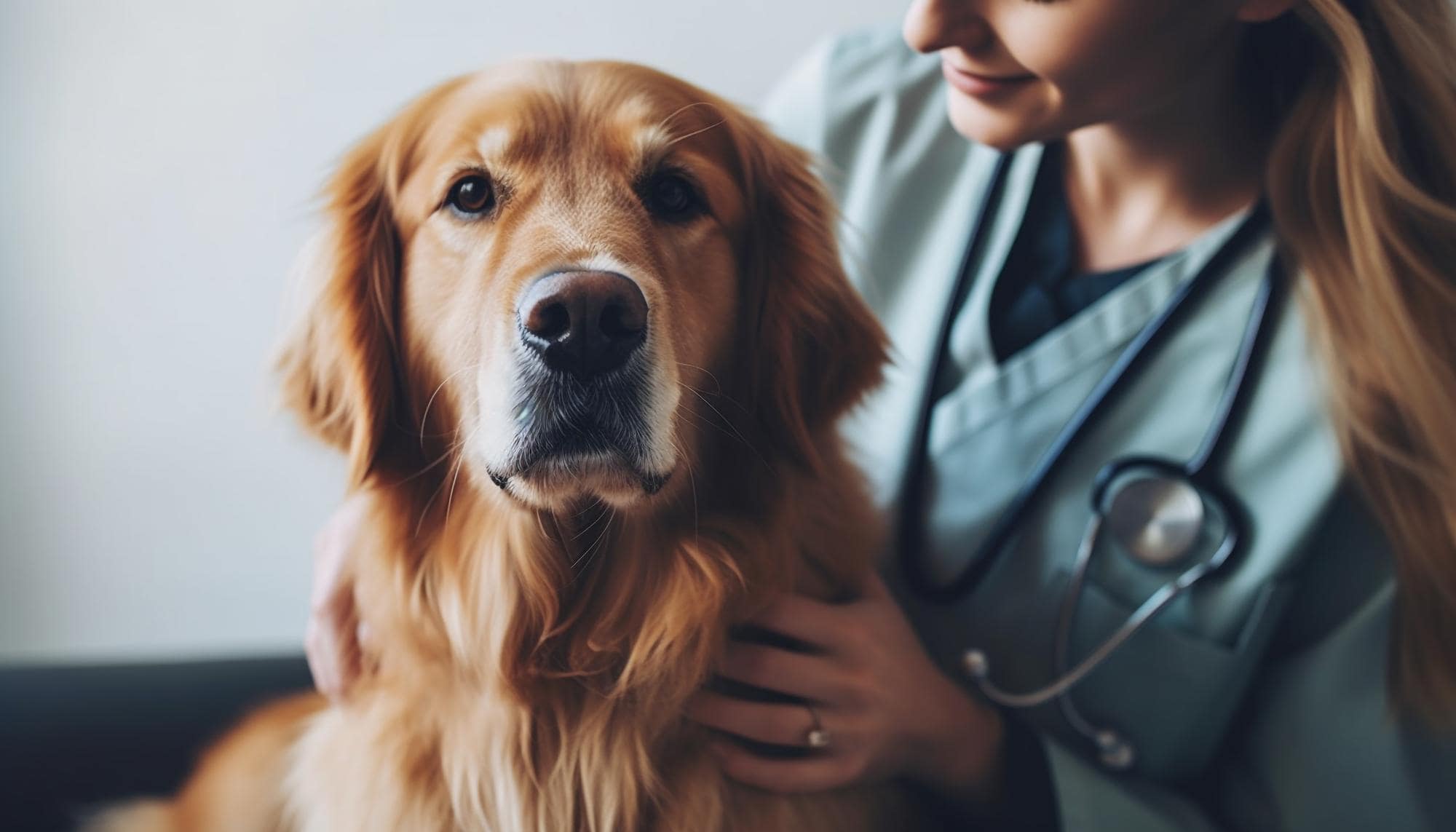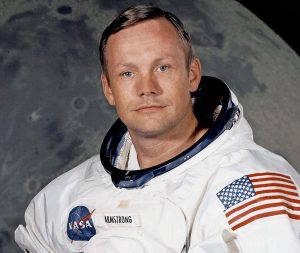
24 interesting facts about vets
- 👁️ 1228
Veterinarians are a cornerstone of animal healthcare, devoting their lives to the well-being of animals. From domestic pets to livestock and wild creatures, these dedicated professionals play a pivotal role in ensuring animals receive the care they deserve. Their extensive training, coupled with a genuine passion for animals, equips them to handle a diverse range of medical situations. Whether they’re in the clinic, on the farm, or in a wildlife reserve, veterinarians make a marked difference in the lives of animals and their owners.
- The term “veterinarian” comes from the Latin word “veterinae” which means “working animals”.
- Veterinarians often undertake at least five years of university studies, specialising in animal anatomy, physiology, and pathology.
- The World Veterinary Day, celebrated annually, recognises the contributions of veterinarians to both animals and humans.
- Vets can specialise in areas such as surgery, dermatology, ophthalmology, or even exotic animals.
- James Herriot, a renowned vet, chronicled his experiences in the best-selling books like “All Creatures Great and Small”.
- The Royal Veterinary College in London, founded in 1791, is one of the oldest veterinary colleges in the English-speaking world.
- Veterinarians take the “Veterinarian’s Oath” to use their knowledge and skills for the benefit of society.
- Many vets collaborate with human medical professionals in the study of zoonotic diseases that can be transmitted from animals to humans.
- The first veterinary school was founded in Lyon, France in 1761.
- Apart from medical tasks, vets often play a role in animal welfare advocacy.
- Veterinarians often use similar medical technology as human doctors, including X-rays and ultrasound machines.
- In the UK, the Royal College of Veterinary Surgeons (RCVS) regulates and oversees the profession.
- Mobile vets offer house call services, making healthcare accessible for animals that might get stressed in a clinical setting.
- Veterinarians often work closely with vet nurses or veterinary technicians who assist in various medical tasks.
- The scope of veterinary medicine includes wildlife, aquatic animals, pets, livestock, and even bees.
- “One Health” is a concept that recognises the interconnectedness of human, animal, and environmental health.
- Veterinarians play a significant role in public health by ensuring food safety, as they supervise livestock health and slaughtering processes.
- Many animal diseases can serve as early warning signs for potential human outbreaks.
- Euthanasia, a humane method of ending an animal’s life, is often a challenging part of a vet’s job, requiring both medical expertise and empathy.
- Vets frequently engage in continuous professional development to stay updated on the latest medical advancements.
- The study of animal behaviour, or ethology, is an integral part of veterinary training.
- Veterinarians are essential in disaster response, providing care to animals affected by natural disasters or other emergencies.
- Many vets are involved in wildlife conservation efforts, rehabilitating injured wildlife or researching diseases that affect endangered species.
- They also play a role in research, helping advance medical science for both animals and humans.
Veterinarians, through their commitment and expertise, ensure the health and well-being of countless animals. Their work not only benefits the animal kingdom but also significantly impacts human health and the environment. As the guardians of animal health and welfare, vets remain an invaluable asset to societies worldwide, bridging the gap between humans and the animal kingdom.











